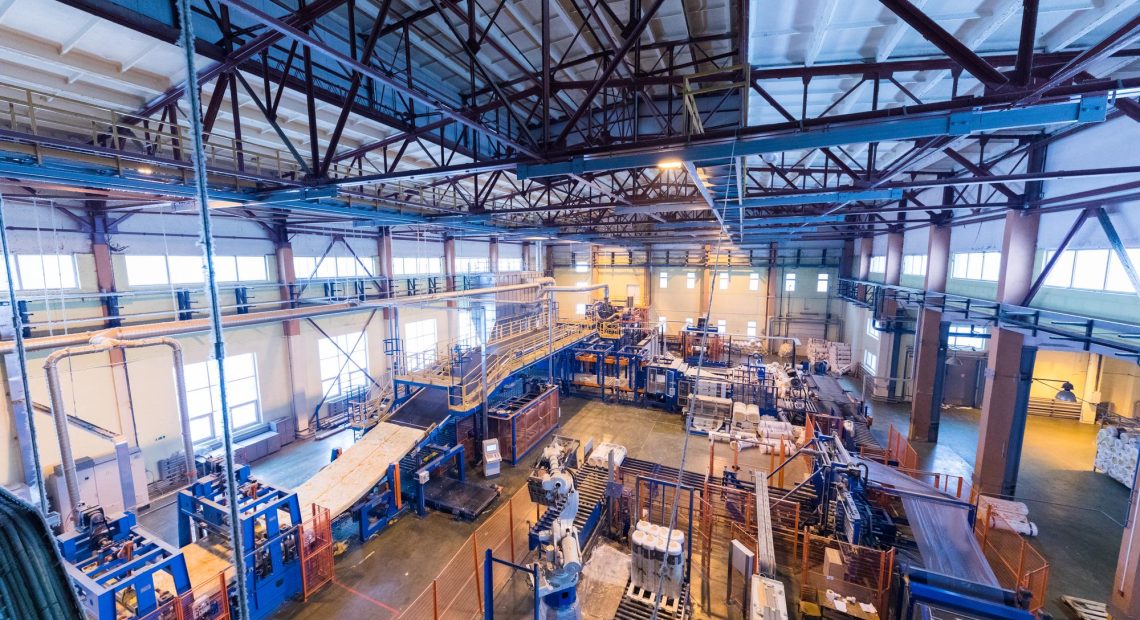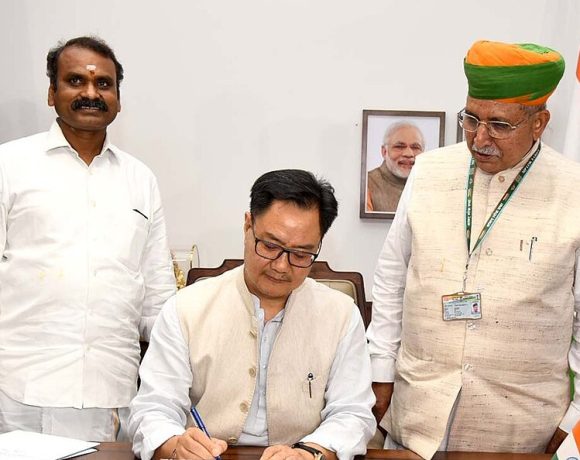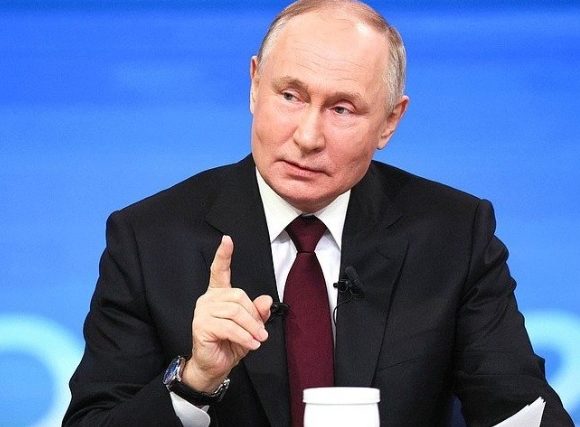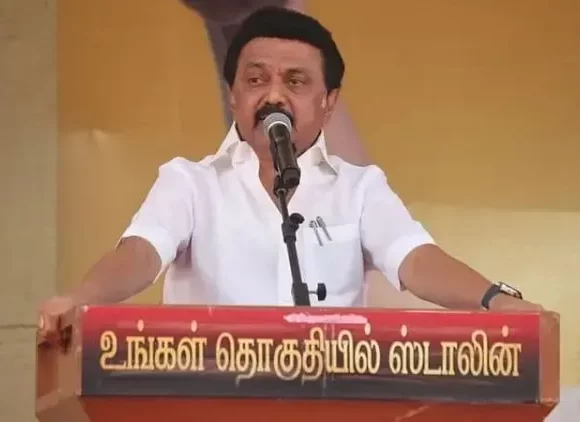
India Halts Rare Earth Exports to Japan Amid Supply Push
India has taken a strategic decision to pause its rare earth mineral exports to Japan as part of a broader effort to safeguard its own industrial ecosystem and reduce dependence on China. The government has directed Indian Rare Earths Limited (IREL), a state-run company, to suspend its export agreement with Toyotsu Rare Earths India, a joint venture with Japanese stakeholders.
The decision is rooted in growing concerns over global supply instability and increasing domestic demand, especially for high-value minerals like neodymium that are crucial for electric vehicles, wind turbines, and defense applications. In 2024 alone, over one-third of IREL’s total rare earth output was shipped to Japan under the long-standing partnership. With Chinese export controls tightening since April, India is now reassessing its export strategy to prioritize internal requirements.
The move follows a recent intervention by Union Minister Piyush Goyal, who urged IREL to withhold exports of rare earth elements deemed critical for the automotive sector. Though the agreement with Japan remains diplomatically sensitive, IREL is working to resolve the matter amicably to preserve bilateral goodwill while aligning with India’s industrial policy goals.
Rare Earth Strategy for Domestic Strength
India holds the fifth-largest rare earth reserves globally, yet continues to rely heavily on processed imports from China. For instance, nearly 54,000 tonnes of rare earth magnets were imported last fiscal year, primarily from Chinese suppliers. To counter this, IREL plans to ramp up neodymium production from its current levels to 450 tonnes by 2025-26, and double that by the end of the decade.
The government is also preparing financial incentives to attract private sector investment in rare earth processing and magnet manufacturing. These efforts are part of a larger push to create a self-sufficient rare earth supply chain that supports the nation’s growing electronics, energy, and mobility sectors.
Global Context and Industrial Implications
India’s decision comes at a time when rare earth shortages have disrupted global manufacturing. Major Indian automakers have already scaled back their electric vehicle production targets due to insufficient magnet supplies. The production-linked incentive (PLI) scheme, initially launched to boost domestic manufacturing, may also undergo revisions to accommodate raw material constraints.
On the global stage, India continues to engage with other nations to press for easing rare earth trade barriers. However, the current focus remains firmly on stabilizing internal supply and creating a sustainable foundation for long-term economic and technological growth.


















